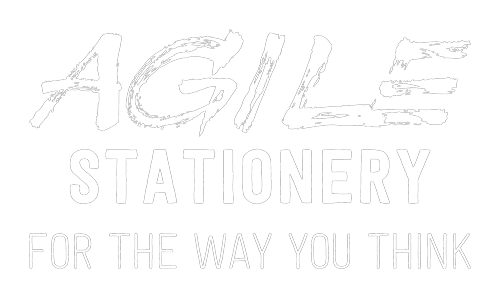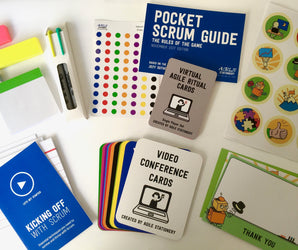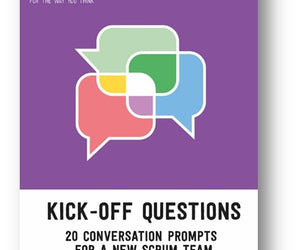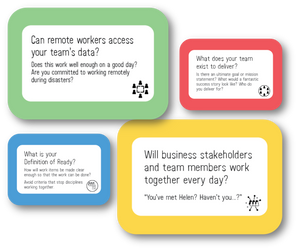Tools to help teams reform and restore norms
Businesses are rapidly adapting to a work and legal order that is in constant flux, and a market that is changing just as quickly. Software delivery teams may have grown rapidly, or rapidly redeployed to tackle new projects.
Previously, we shared some tools that will help you deal with a dramatically higher workload. In this article, we'll present a curated set of tools and how they might help your teams adapt to the way your business itself is changing.
New people or new responsibilities
Whether your business has grown rapidly or pivoted in a new direction, chances are good that your teams are being reformed. Either you are growing and splitting teams, spinning up new teams for new projects, or simply adding new faces to old teams. Since these teams have moved out of the office to work remotely, and are now perhaps moving back again, it is a good time to take stock and make sure you have firmly established new ways of working.
A great place to start is to make sure there is clarity and openness about who does what in the team. Are there team members with overlapping experiences that are in conflict? Are there people that are wearing two hats? Is there a person missing or a responsibility that is falling between the cracks?
Richer Roles is a simple flexible outcome-oriented game designed to enable and encourage healthy and productive discussion of these issues. The cards contain 50 statements describing common responsibilities that are required in many software delivery departments and multiple agile frameworks. Teams are invited to gather and select one of 13 role names that they think suit them, then share out the responsibilities they are committed to.
Since the cards are all unique, any uncertainty around who does what in the team will need to be resolved. If cards remain on the table, then something might need to be done.
In any case, taking time to talk over these issues can only help teams to establish, or re-establish implicit norms that may be missing or weakened by circumstances.
Disruption to team norms and culture
There is more, however, to team norms than who does what. To start with, there are the processes necessary to deliver software. You might consider using the Multi-team Software Delivery Assessment to dive deeper into technical delivery. Finally, there is behaviour.
Establishing what behaviours you want to see is often complex. Stamping out negative behaviour and encouraging more positive behaviour can both be wrong. Sometimes there is an optimum amount of useful behaviour before it causes a problem. For instance, overlapping between roles and covering each other's work is helpful when there is illness, emergencies or holidays to take, but specialisation also drives efficiency.
Richer Retrospectives is a great way to help teams continuously refine their behaviours to ensure they are behaving in the optimum way to get work done in their particular context.

If you are lucky to be growing, or you are pursuing a new product, then you may be looking to spin up new teams. Kick-off Questions is our deck of conversation prompts that aims to secure agreement on very basic norms and cover simple pragmatic necessities. For instance, does everyone have phone numbers for everyone else? In no more four short meetings you will cover a lot of ground, get some things decided or make a plan to get complex issues dealt with. It's a great way to get basics sorted fast.





